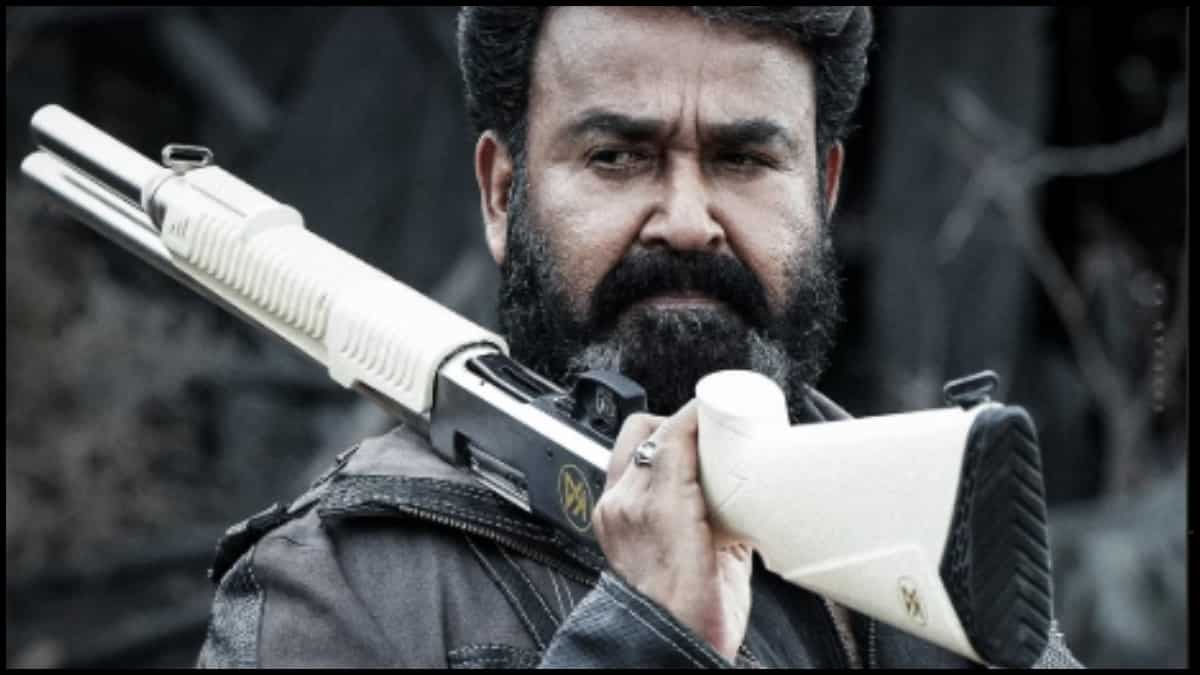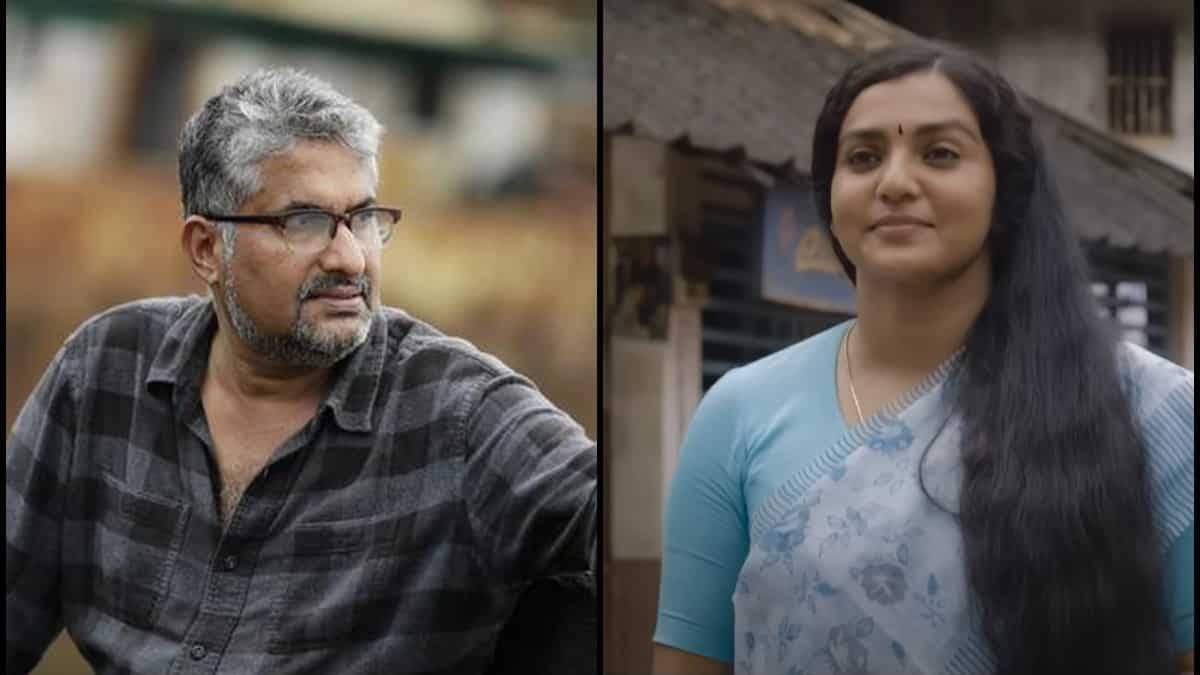
Shyamaprasad on Manorathangal: We cannot bracket characters as black and white, that’s where Parvathy's portrayal helped | Exclusive
8 months ago | 94 Views
A look at director Shyamaprasad’s stellar filmography would reveal that the acclaimed filmmaker has always gravitated towards telling stories about complex characters undergoing their struggles, while trying to find themselves and create a space for themselves in the society. So much so that you would wonder why it has taken so long for a director, who has been known to adapt literary works into films, to work with one of the greatest Malayalam writers, MT Vasudevan Nair.
In their first collaboration for the upcoming ZEE5 anthology Manorathangal, Shyamaprasad has directed Kaazhcha , starring Parvathy Thiruvothu, Narain and Harish Uthaman, and the story is also among the more recent ones that MT has written. In an exclusive chat, the filmmaker talks about what appealed to him about the story, the standout aspect of MT’s literary works and more.
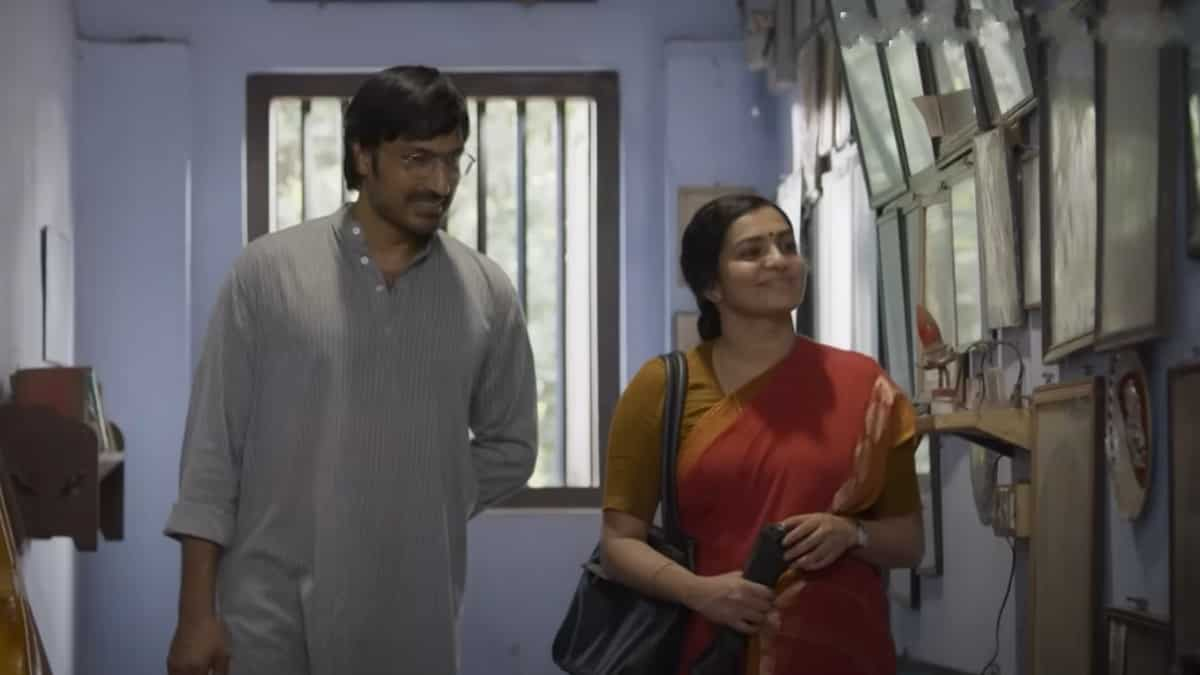
Why choose Kazhcha from the various short stories that MT Vasudevan Nair has written?
It was assigned to me; it wasn’t a story that I had read before. If I were given an option, I would have picked a few other stories. But after I read Kazhcha, I felt it was the right choice for a feature of this format and length. I tried to find elements that appealed to me. This story has a woman protagonist and it deals with her self exploration, conflicts and angst. I believe I was able to articulate that well and it has the possibility to be the most contemporary among the other stories in Manorathangal.
It’s also comparatively the more recent stories that he has written, among the ones used for the anthology.
It is. In fact, it’s one of the most recent. I think it was written in the early 2000s and it’s set in the late 90s. So, the setting and writing is relatively new. What I thought was special, from the other works in MT’s oeuvre that majorly have male protagonists and revolve around the young and middle-aged men’s angst, was that Kazhcha is told from a woman’s point of view. Only a few MT stories are told from that perspective, Manju being the other example.
Kazhcha revolves around a woman’s persona, her identity, individuality and happiness; it’s her introspection. These were elements that were there in the story and I have highlighted those in my segment while expanding and contemporarising them; the setting remains the same but the sensibility is modernised.
The kind of films that you do often deals with interpersonal relationships and complexities. So, where does Kazhcha fit in that spectrum?
It is interpersonal as well. It deals with an individual in conflict with the institution of marriage, family and tradition. My works have dealt with the same conflict, in various ways; they were about people who were struggling to find a space for themselves. MT’s stories too have those elements, especially his earlier stories that deal with the disintegration of the matrilineal system of Nair households. Kazhcha questions how much freedom a woman has while choosing her partner.
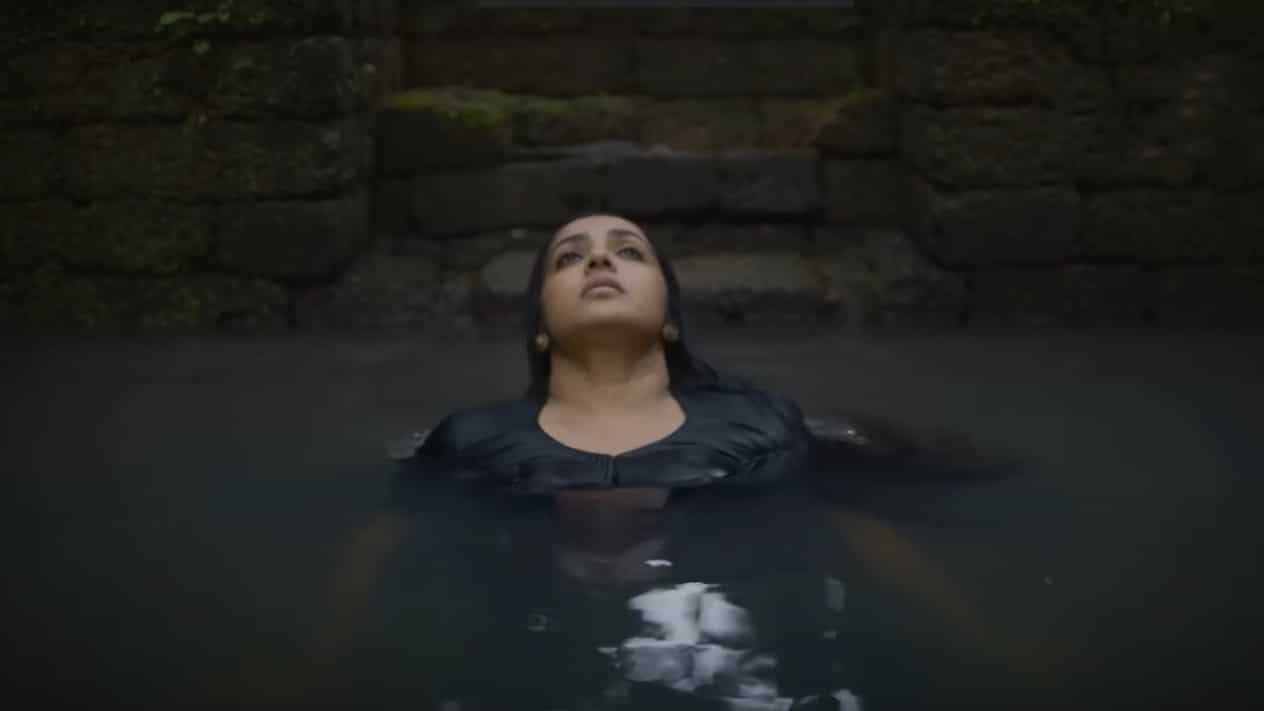
Irrespective of the length of the film, it’s also important you cast someone who totally understands the character. In that sense, Parvathy Thiruvothu is someone who has the reputation of going beyond what’s written to get into the skin of the character. How was it collaborating with a talent like her for a project such as this?
Parvathy is a thinking actor, I know we use such terms lightly but that’s the absolute truth. She is someone who tries to understand the wholeness of a particular character - from her psychology to her reactions to situations. For someone with that approach, the brevity of the film wouldn’t matter; even if it’s a five-minute film, she would have enough to contribute to it.
The script also went for various revisions as there are a lot of changes from the original story. Parvathy also went through all of those processes and discussions. She always has a lot of questions. Though we had not worked together earlier, I had interacted with her for a few projects; so, I knew how evolved she is with her creations. So, I knew she was the right actor to play this part and she lent such nuances to her character.
In all emotional stories, it’s easy to classify characters as black and white, and we are used to that. Even in films based on MT sir’s scripts, there are people you could call good and bad. But you cannot bracket humans like that. In modern fiction, you have to take into account their helplessness and dilemma, and Parvathy’s introspection of the character really helped.
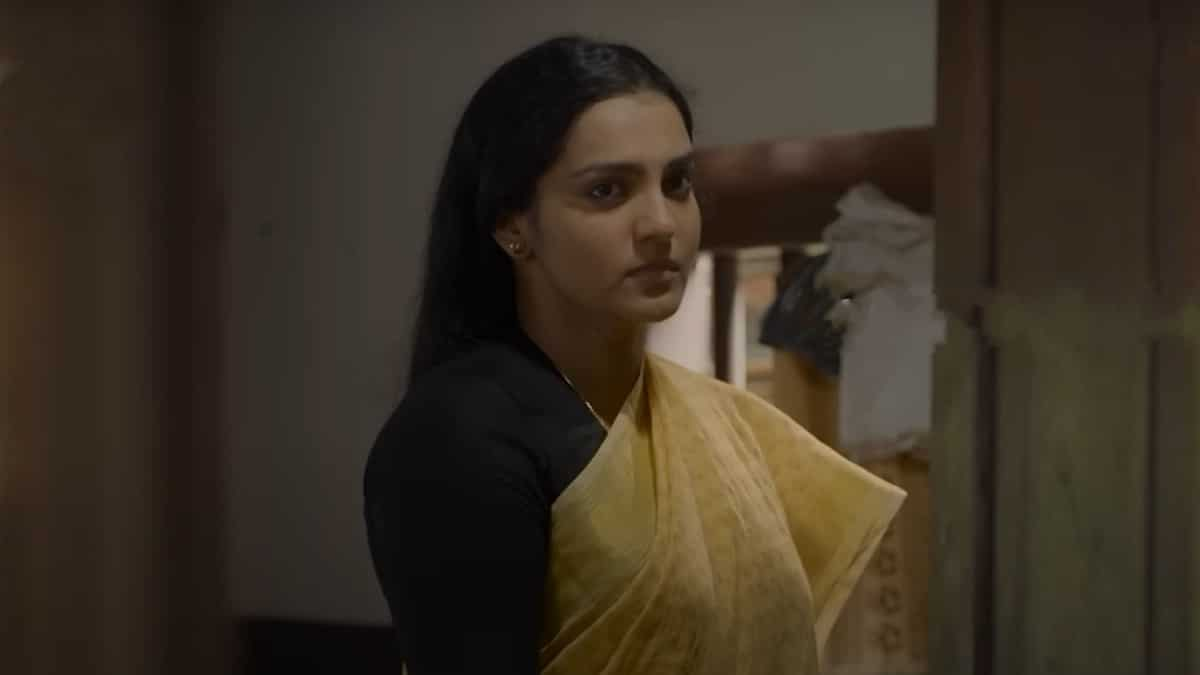
MT’s wife Kalamandalam Saraswathi is also part of Kazhcha. Having interacted with both her and him, how much of her influence is also part of Kazhcha, especially because it’s a work from his later years?
I don’t know. Basically, it’s an MT story set in his kind of world. But there will be influences of people that we are close to in all our lives. She plays a major role in the film though and was a great delight to direct. We needed someone of her age group. I also thought it would be nice to have a new face than our known older actresses. She is a dancer and had a lot of apprehensions about acting in a film, including if MT sir would agree. He did because I had insisted.
There’s always a certain criticism for a woman character written by men because there’s often an element or a layer that’s not addressed or inadequately addressed. Having adapted works of Lalithambika Antharjanam, Tennessee Williams and Sunil Gangopadhyay for your previous films such as Agnisakshi, Akale and Ore Kadal, which had strong women protagonists, how would you rate MT’s character in Kazhcha?
What sets MT sir’s vision apart from other writers, from what I have understood based on reading his works and talking to him, is what he himself has said somewhere: ‘While there are great oceans out there, I love (River) Nila, which I know.’ It means that he writes most about the world he knows the best. I think this honesty of the life that he has lived is also the reason for his mastery.
It’s only in his recent works such as Randamoozham that he has travelled to other worlds. Even in that, he has interpreted them as people living in a tharavadu. So, there’s that signature sincerity and fervour in writing about the world he knows. Be it a woman or a man, they are all characters whom he knows well. He has that ability to transcend the gender barriers and go right into their psyche. This story also strongly reflects that.
Read Also: Dhanush receives ‘Red Card’ from Tamil Film Producers’ Council; Here’s what it means
# Manorathangal # KamalHaasan # Mohanlal # Mammootty





